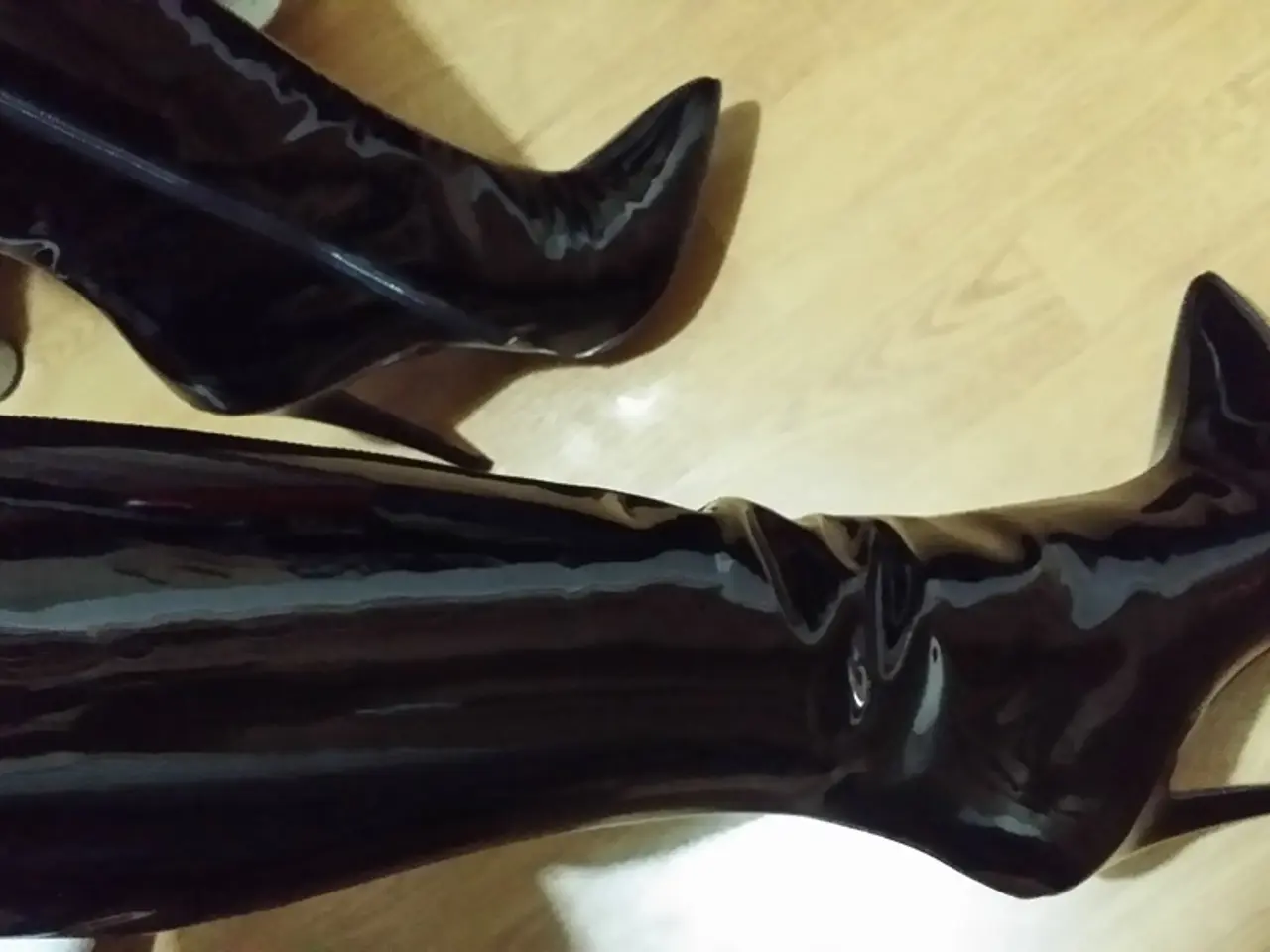Lower Leg Itching: Understanding Causes, Symptoms, and Alleviation Strategies
Itchy lower legs can be a frustrating and uncomfortable experience for many individuals. This article aims to provide an overview of the common causes, symptoms, and treatments for itchy lower legs, helping readers better understand and manage this condition.
### Common Causes
One of the most frequent causes of itchy lower legs is dry skin, particularly in older adults. As skin becomes thinner and retains less moisture, it can lead to dry, itchy, cracked, or scaly skin on the lower legs, a condition known as astatotic eczema. Other skin conditions such as allergic reactions, eczema, fungal infections like athlete’s foot, or contact dermatitis can also cause leg itchiness.
Nerve-related issues, often linked to diabetes, can cause itching due to nerve damage. Systemic diseases such as liver disease or autoimmune disorders may manifest as itchy skin. Immune system irregularities may also lead to chronic itching, involving elevated inflammation markers like IgE. Certain medications, like Janus kinase (JAK) inhibitors used for rheumatoid arthritis, may cause itching as a side effect.
### Symptoms
Persistent or intermittent itching sensation on the lower legs, dry, flaky, cracked, or scaly skin, redness or rash, sometimes with swelling, are common symptoms. In chronic cases, there might be the presence of blisters or thickened skin. Scratching may lead to skin breaks or secondary infections.
### Treatments
Moisturization is key in combating dry skin and reducing itchiness. Applying fragrance-free, rich lotions or creams several times daily can help. Over-the-counter hydrocortisone creams and other topical corticosteroids can reduce inflammation and itching.
Addressing underlying causes is also crucial. Antifungal medications for fungal infections, antibiotics for bacterial infections, and antihistamines (non-sedating options like cetirizine or loratadine) to reduce allergic itch can be beneficial. Cool compresses can soothe itchy skin, and lifestyle changes such as wearing breathable, natural fiber socks, maintaining good hygiene, and avoiding irritants can help prevent itchiness.
For systemic or immune-related causes, corticosteroids, immunosuppressants, or specialized therapies targeting immune dysfunction may be necessary.
### When to Seek Medical Help
If itching is persistent, severe, or accompanied by other symptoms like rash or systemic signs, it is advisable to seek medical evaluation for accurate diagnosis and targeted treatment. Conditions such as Hodgkin lymphoma, eczema, Graves' disease, stasis dermatitis, psoriasis, and advanced kidney disease can all cause itchy lower legs.
If lower leg itchiness is accompanied by other symptoms like weight loss, changes in bowel movements, changes in urination, extreme fatigue, fever, chills, night sweats, other flu-like symptoms, or painless swelling in the armpit, neck, or groin, it is recommended to consult a healthcare provider.
When lower leg itchiness has no obvious cause, persists for more than a couple of days, or interferes with sleep or daily activities, it is recommended to consult a healthcare provider.
In all cases, maintaining good skin care, including liberal moisturization multiple times a day with a cream or petroleum jelly-based ointment, can help relieve itchiness due to dry skin. When in doubt about the cause of lower leg itchiness, it is always advisable to consult a healthcare provider.
- Psoriasis, an autoimmune disorder, can cause itchy, dry, and flaky skin on the lower legs, making it crucial to seek medical help for accurate diagnosis and treatment.
- For those experiencing itchy lower legs due to dry skin, incorporating skin-care products like fragrance-free lotions or creams into daily routines, and moisturizing multiple times daily, can help reduce itchiness.
- In addition to moisturization, addressing underlying conditions like eczema, allergic reactions, or fungal infections with topical antifungal medications, antibiotics, or antihistamines can help manage itchy lower legs.
- If itching persists or is accompanied by other symptoms such as rash, systemic signs, or flu-like symptoms, seeking medical help for a proper diagnosis and treatment is advisable, as a variety of conditions may cause itchy lower legs, including Hodgkin lymphoma and advanced kidney disease.




